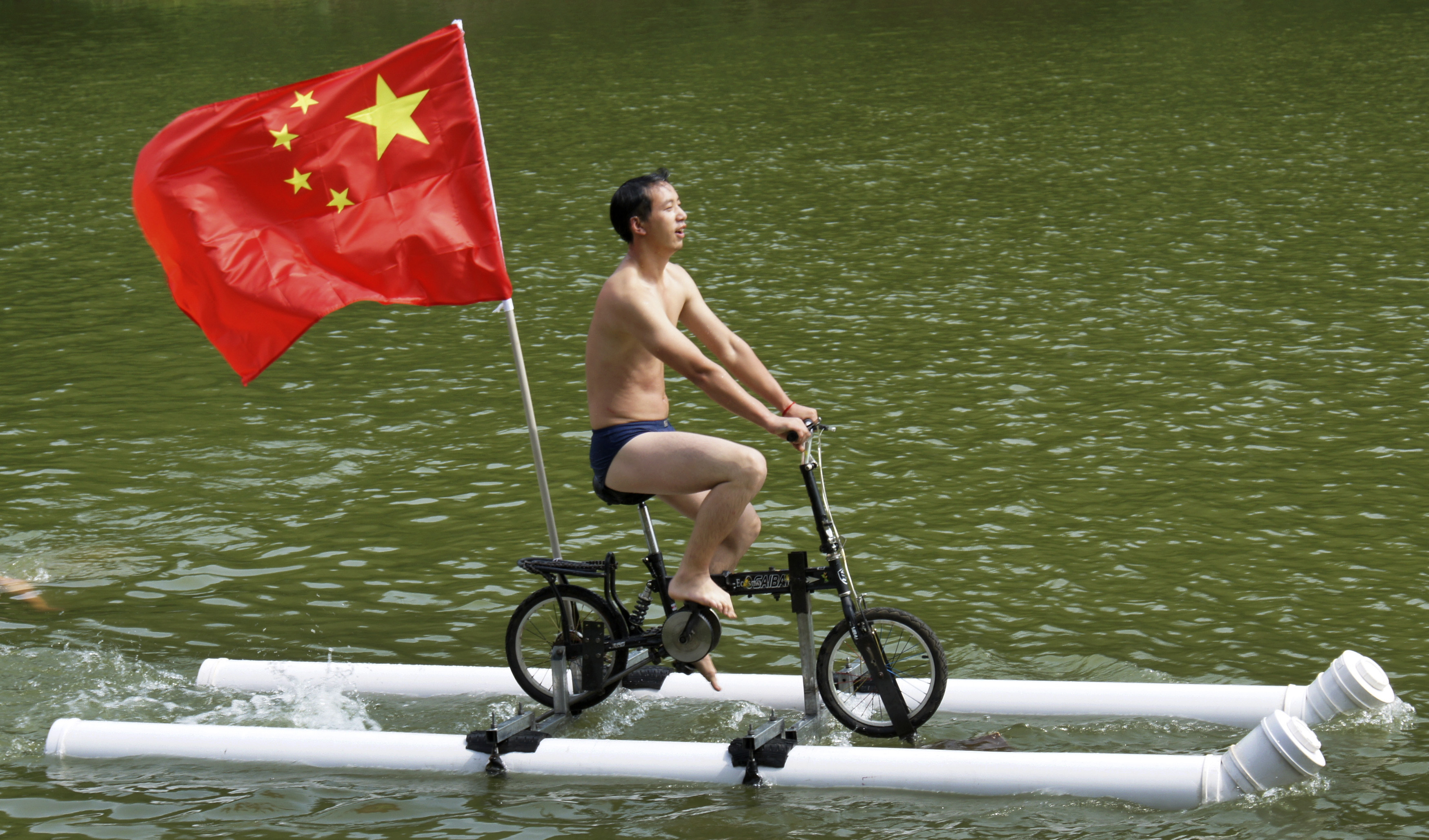


He is currently at work on a second book - about ’90s multiculturalism - and a project about immigrants and their things that grew out of talk he gave at the Museum of Chinese in America.īen Sandman: I’m struck by the range of your work - you write about books, music, art, politics, and sports (among other things). We discussed The Good Earth, krautrock, the role of the “beef” in artistic creation, and Hsu’s first book, A Floating Chinaman, which will be published by Harvard University Press in summer 2016. He is currently a Fellow at the New America Foundation. Hua Hsu is an associate professor of English at Vassar College, a contributor to The New Yorker, and an executive board member of the Asian American Writers’ Workshop.

In every piece - no matter the subject - Hsu’s writing stands out for its simultaneous ease and control: ideas unfold fluidly, naturally, in sentences sharpened and honed to a point. Having drafted a question on, say, Kendrick Lamar, I would go to send it and find that, since I last checked The New Yorker, Hsu had written something new. In the months Hsu and I went back and forth over email - a period covering the birth of his first son - the articles kept appearing. The archive is called: “a partial accounting.” The link led to an archive of his freelance writing: articles in The New Yorker, Grantland, New York, The Village Voice, and The Wire. Exploring identity, authenticity, and nostalgia as concepts and as feelings, this is an absolute stunner.After agreeing to this interview, Hua Hsu sent me a link. On the shaky formation of the self, it is unself-conscious on the incredible youthful desire to make oneself known, it is knowing. After Ken’s death, Hsu “became obsessed with the possibility of a sentence that could wend its way backward.” In every luminously rereadable, every-way-wending sentence, that writing astonishes. Truer than true, becoming a biography of friendship writ large and in specifics, Stay True brings in history, philosophy, art, and science as Hsu spirals through the story of himself as the Californian son of Taiwanese immigrants, as the zine-making teenager who didn’t yet know that he would be a writer, as the college student who defined himself by what he hated-and, before they became best friends, he hated Ken.

The title of this memoir, Hsu’s ( A Floating Chinaman, 2016) second book, comes from the way Ken signed his letters back then-a cheeky sign-off the author can no longer remember the cheek of-and, as titles go, it couldn’t be more apt. When he was a student at Berkeley in the 1990s, New Yorker writer and Vassar professor Hsu lost his friend Ken to a senseless act of violence.


 0 kommentar(er)
0 kommentar(er)
